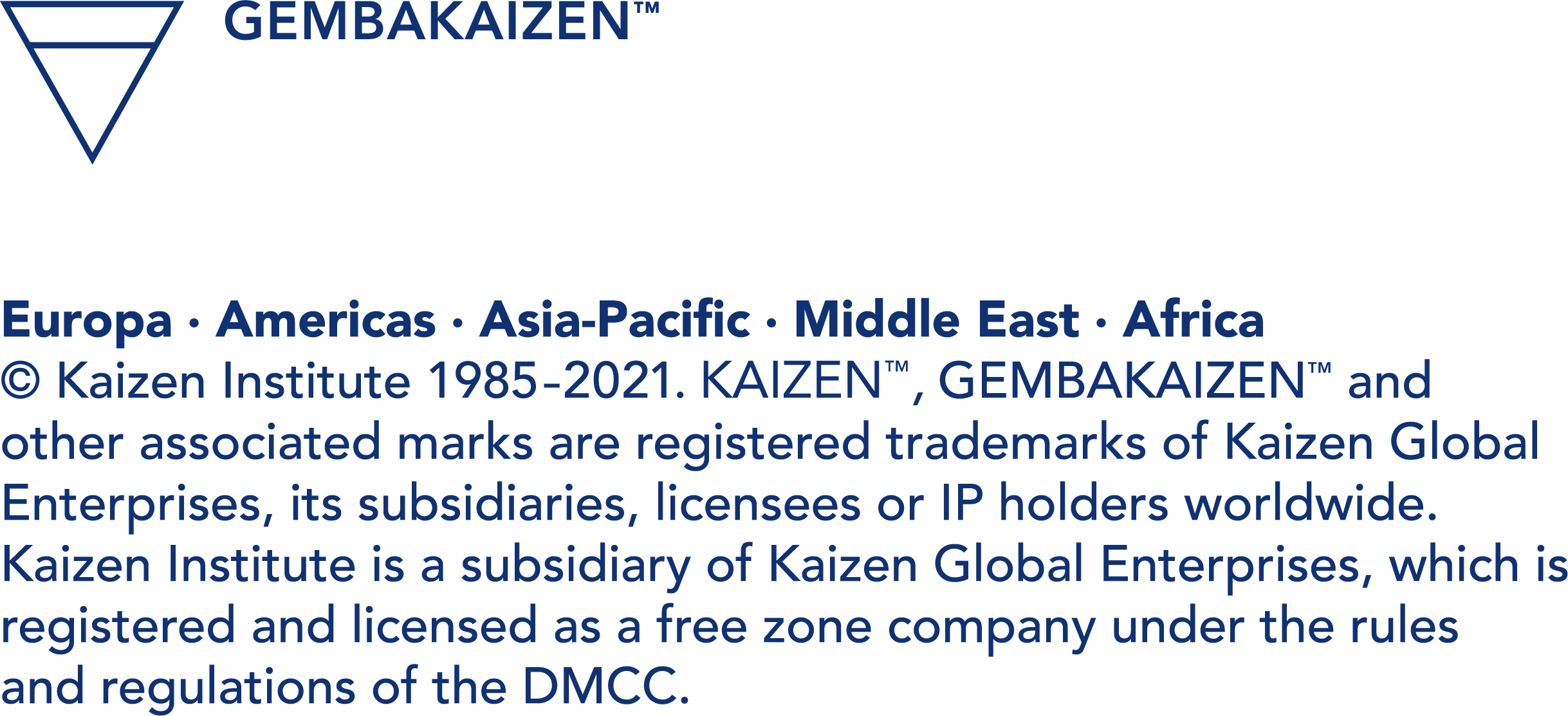In today’s post I am looking at Respect and Yokai. “Yokai” is a catch-all word in Japanese which refers to supernatural beings. I have written several posts regarding respect for people . Respect for people is an important concept in the Toyota Production System (TPS), and it goes beyond the superficial “let’s be nice to people”. As a Japanophile, I was very enthralled by the “Yokai” culture. One of the things I learned about yokai was the connection between respect and yokai. Yokai originated from Japanese folklore. Later on, yokai was used to represent creatures that originated from material things like an umbrella or a lantern. Yokai are generally mischievous and can be good or bad. Yokai filled the gap to explain the unexplainable or mysterious events. For example, “Tenjoname”, a yokai who likes to lick the ceilings can be used to explain the stains on the ceilings. The word “tenjoname” literally means “to lick the ceiling”. Tenjoname has a long tongue that can reach all the way up to the ceiling, and he comes out when there is nobody around and licks ceilings in buildings and this leaves stains on them.
The respect part in this post comes from the belief in the Japanese culture to use everything to its fullest value. If you have a lantern, and you throw it away to buy a new lantern, the discarded lantern can turn into a yokai, generally called as tsukumogami, and come back for “revenge” or “payback”. I found this to be a fascinating thought. One needs to respect one’s belongings. I can relate to this concept – as a kid, I was scolded by my parents if I left books on the floor. Leaving books on the floor can lead to one inadvertently stepping on them. Books represented wisdom and learning, and a lack of respect for books meant that I will not be able to learn from them.
Japan has limited natural resources and thus the concept of using things to its full value is a very important concept in Japanese culture. In this regard, one can see how being wasteful can extend to the idea of yokai. Being wasteful is bad, and disrespectful to the environment and your neighbors. In my eyes, this also extends to respect for people. In Japanese culture, it is said that at the end of life an item is “discarded” with respect. One may even go to a shrine to pay respect to the item before discarding it. The respect is not only for the item, but also for the numerous people who had a hand in creating that item. In today’s world of use-and-discard and buying the latest tech gadget, yokai reminds us to respect the planet and others.
I will finish by discussing my favorite yokai – kappa. “Kappa” is a yokai that is associated with water bodies like ponds or rivers. Kappa is depicted as a humanoid form generally the size of a child, with webbed feet and hands. Sometimes they are depicted as monkey-like or like frog-like. They have a saucer-like indentation on the head that has water in it. This is the source of their power and losing the water from its head can make them powerless. Even though they are small, they are very strong. Kappa was often used by elders to warn children to stay away from the river or pond.
The most interesting characteristic of kappa is that they are very polite. Thus, the way to capture or defeat a kappa is to bow your head down as a show of respect. The kappa will have to then bow their head back, and this will empty the water in their head thus making them powerless. Thus kappa is most likely the only evil being in any culture that can be defeated with respect and politeness.
Acknowledgement: https://harishsnotebook.wordpress.com/
In case you missed it, my last post was KAIZEN™ in Healthcare
And, if you wish to read & learn more from our blog, click here to follow our blog by subscribing the same.












